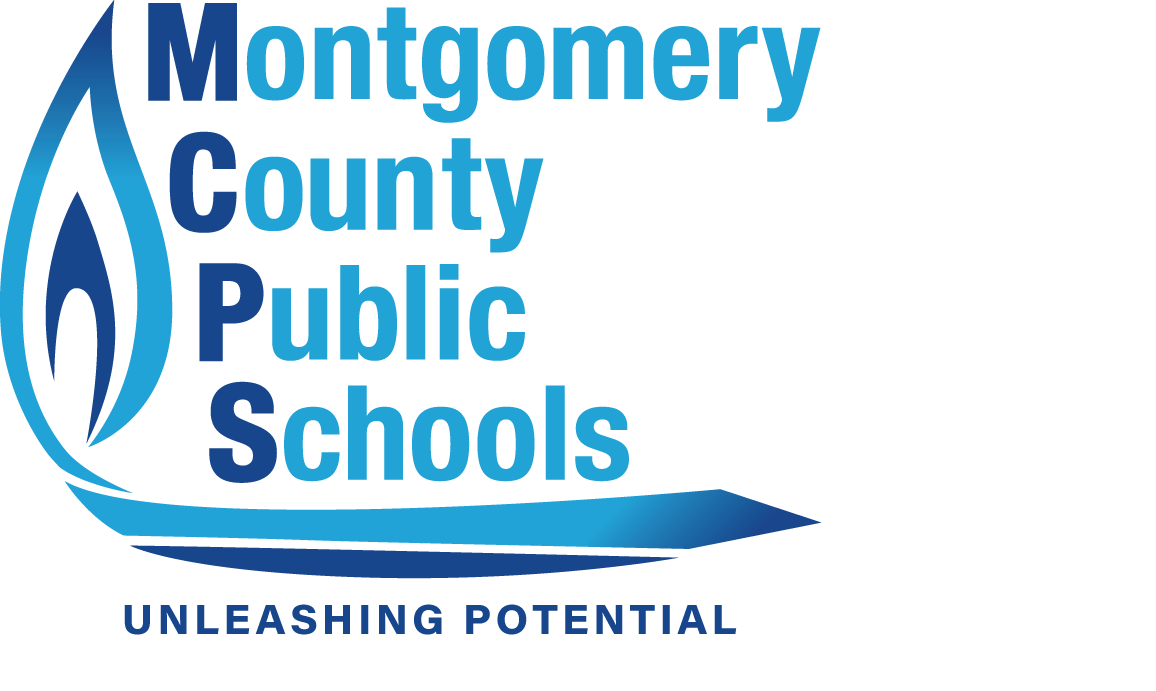The U.S. Should Expand Drug Decriminalization: PRO – CON
December 20, 2019
PRO
As humans we’ve been programmed to rebel. Some rebel against their parents at a young age, while others rebel against their teachers, society, friends, and even their own character and morals. This has been the cause of many going down the wrong path and getting themselves involved in things detrimental to their lives that their family, friends, and the larger society have warned them against. This is why we have murderers and thieves; but a murderer and a thief are not the same as a drug dealer. Yet here we are dealing similar punishments to them.
Believe it or not, the drug dealing business is a very fruitful endeavor that plays a role in the economy. People have become dispensaries for both serious and less serious drugs, serving the vast demand in our country. Around the nation, drugs are an issue – both legal and illegal (just look at the legal opioid issue we face) – and the attitude toward those who provide them is as well. The truth is, we have a drug culture that drives many people to crave these drugs; and as long as there are people who enjoy that high there will always be those willing to give it to them to earn a living or make ends meet. This relationship – as wrong as it may seem to some – makes me wonder why it is the buyers and the messengers who pay the price when there are other individuals who supply and support this demand.
Most drug dealers who are placed in jail or are set to serve some type of severe punishment are merely pawns in the game. The majority of those who are incarcerated are simply the vending machine, not the soda company; they are the doormat of a castle, a single lyric in an anthem.
Our main goal in locking up these individuals, these misled people, in our jail cells is for the “betterment” of our society. But there’s no betterment, no progress when we are doing damage to our overall society. According to the Drug Policy Alliance, as a nation, we are increasing our jail costs and our jail population by incarcerating individuals for drug-related crimes. Police officers are busy cracking down on people with marijuana when there are much more important and dangerous crimes occurring.
We are focused on the wrong things when we think this way. According to Rolling Stone Magazine’s Ethan Nadelmann, “the U.S. made 1.63 million arrests for drug law violations in 2017…Over 1.4 million of those arrests — 85% of the total — were simply for drug possession.” Think about the impact of this. We are potentially locking up a family’s breadwinner and condemning that individual to a future of rejection thanks to their past. This simply nudges them farther down that wrong path.
Drug decriminalization needs to be expanded because we are prosecuting people for crimes that are not worth prosecution. If we have decriminalized cigarettes and alcohol, two substances that have their own dangers, then we really need to take a look at other drugs as well and expand drug decriminalization laws.
– Zoputa Difini
CON
Decriminalization of drugs will continue to be a major issue in the United States until we learn to address it more effectively and honestly. Ultimately, it is more than just a political issue as drug use affects our entire society. However, there is a difference between one drug being decriminalized because of its seemingly harmless effects, such as marijuana, and all drugs being decriminalized. Simply decriminalizing all drugs is unethical and any political leader should know better than to do that.
According to The Drug Policy Alliance, twenty-two states have already decriminalized the possession of small amounts of marijuana, which works to limit the number of individuals who are arrested for simple acts associated with the drug. While this form of decriminalization is a valid move, what it misses is the fact that by decriminalizing any drug, even something seen as fairly benign like marijuana, legislators are potentially opening a gateway for the government to decriminalize more serious and dangerous drugs.
Further decriminalization could be the cause of those drugs being sold on the streets, especially to minors. Just think of all the dangerous substances that could end up in the hands of young teens if decriminalization reached beyond marijuana. Young people could be exposed more easily to cocaine, heroin, ecstasy, opioids, and other drugs
If deadly, addictive substances are more accessible to teens that means they, at such an early, vulnerable stage in their lives, will be forced to make difficult choices. That early exposure would already be a fatal increase by a million people that will have an addiction and/or arrests. All they should be worried about is their education, their after-school activities, and friends and family.
Don’t think drugs other than marijuana are an issue? Think again. In 2001, Portugal took a big leap in executing an “experiment” that included decriminalizing all illicit drugs from marijuana to cocaine. Their government thought this would reverse the problem of drug use and/or distribution and view it as more of a medical challenge than a felony. Keith O’Brien of The Boston Globe studied the data that came out of Portugal in the first ten years of the new policy and spoke to NPR reporter Neal Conan in 2011.
One important data point that he mentioned regarding drug use in Portugal at this time is that the number of users definitely rose. He stated, “…in fact, there has been an increase, and the data bears that out. In those reporting drug use, personal drug use over the course of their lifetime has gone up about 40 to 50 percent in the last decade.”
If the U.S. government decriminalizes any drug, they are going to bring it out of the shadows and into the mainstream. We have to think about how our society would be affected as a whole, especially the effect it would have on minors.
– Giodona Campbell














































